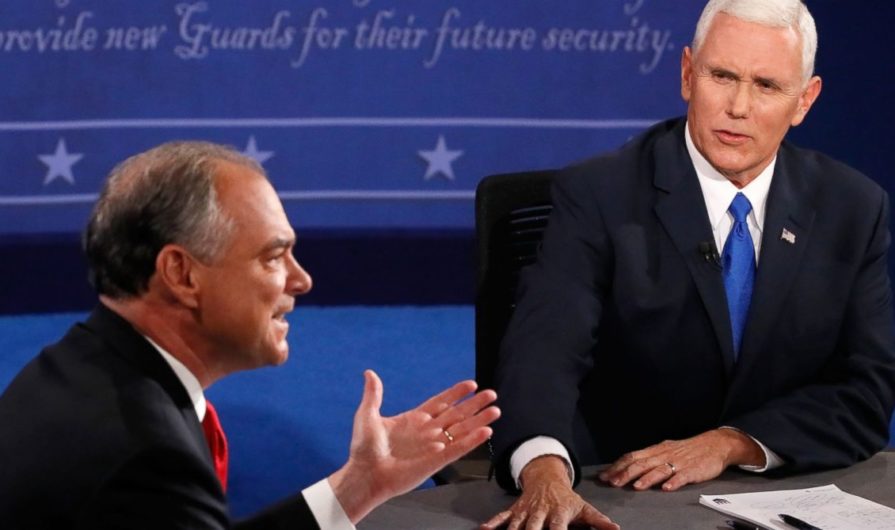Back in the days of the Cold War we were taught by teachers, parents, and the three news network anchors that the Soviets were evil and that we Americans were good. That is what sent our military all over the world sacrificing blood and treasure to push back the evil Soviets and prevent them from subjecting the rest of the world to their totalitarian rule.
We did so, not just for our own good (that would be selfish), but to protect the rest of the world from the scourge of communism as well. How generous of us to do so.
In the Soviet Union, we were told, innocent people could be dragged from their beds in the middle of the night and disappear forever, their family members never knowing where they were taken or what happened to them.
Some of them most certainly ended up in gulags or prison camps in sub-zero Siberia where they would be subjected to a lifetime of misery and starvation, their days spent doing nothing more than breaking rocks with pickaxes for the rest of their lives.
Images of these camps were enough to convince us that we were truly lucky to be living in the United States, far away from such an evil and cruel system of oppression.
Once these images were indelibly etched in our minds, we were then told that if we didn’t remain vigilant and fight the Soviet menace wherever they appeared around the world, we might one day be forced to live under their evil regime. The movie Red Dawn brought this possibility to theatres all over the country. The threat was real.
We learned about such geo-political ideas as the domino theory. Once one country falls to the scourge of communism, adjacent countries will fall, one after the other like, well, a row of dominos. Billions of dollars would be spent and thousands would die in places like Vietnam and Korea based on that theory.
But with the fall of the Soviet Union in 1991, our generation was, for the first time, without a villain on the world stage to compete against. We had become the world’s sole superpower, unrestrained and free to intervene in any country we wished to without concern that our old nemesis would push back and exact a price.
American exceptionalism reigned supreme and with the world’s most powerful military we could flex our strength all around the world whenever we felt like it.
We quickly put that military to use in Kuwait, driving the Iraqi’s out of the country in a matter of days. But why stop at Kuwaiti-Iraqi border, some thought. Why not go all the way to Baghdad and topple the regime of our good friend Saddam Hussein? But that job would be left for another day, to the son, one who fancied himself as the Churchill of his time and was willing to follow the advice of his neocon handlers.
Soon Islamic fundamentalism would fill the vacuum and we would have a new enemy to focus our energies on. But the war was now, not against some tangible state power with a standing army, an air force, and a navy. Now the war would be waged against an ideology; the stateless, amorphous monster of Islamic terrorism.
The terrorist bombing of the World Trade Center basement in New York in 1993, followed by bombings in Riyadh in 1995, the Khobar Towers in Dhahran, Saudia Arabia in 1996, the U.S. embassy bombings in Nairobi and Dar es Salaam in 1998, and the attack on the USS Cole in 2000 all seemed to be building up to the crescendo that struck us on 9/11.
For many of us, it wasn’t until after 9/11 when we heard about such things as “black sites,” Abu Grahib, and waterboarding that we realized the Russians weren’t the only ones engaging in brutal extrajudicial practices. We rationalized to ourselves that we were still the good guys, but the terrorists made us do these things, gave us no other choice but to go to, as Dick Cheney said, “the dark side.”
Torture, kidnapping suspects off the streets of European capitals, and drone strikes on wedding parties in Afghanistan were now part of the war on terror. Another example of different times calling for different measures.
But the revelations of Abu Grabib, waterboarding, mass unwarranted surveillance and data mining of innocent Americans, detentions without trial, and other extrajudicial excesses exposed a new kind of America.
The stories we were told about how the Soviets spied on, detained, and tortured their own citizens during the Cold War didn’t seem as shocking anymore. After all, we were engaged in similar behavior and the difference between us seemed to be a lot less than we had imagined.
So now, when someone tries to whip up that same sense of hysteria towards the Russians and their president, former KGB agent Vladimir Putin, they are not going to receive the same response they would have received during the peak of the Cold War.
No longer do Americans shudder at the mere mention of Russia, KGB, or communist. 9/11 stripped the façade off of the image of America as always staying true to its values and never treating other people with the kind of brutality seen in other parts of the world where democracy had yet to take root. We had a constitution, an independent judiciary, and laws that we abided by as a country.
And so now when two politicians like Virginia Senator Tim Kaine and Indiana Governor Mike Pence invoke the same kind of rhetoric of the Cold War during their debate, trotting out the menacing Russian bear on the prowl to devour Europe and the rest of us, we no longer instinctually recoil in fear.
That kind of talk was for a different time, when we believed the Soviets were the ones who didn’t believe in habeas corpus, due process, and civil liberties. Like a child whose grown up to discover that Santa Claus doesn’t exist, Americans have come to realize that their government has not always lived up to its values and its Constitution.
Perhaps someone should tell Kaine and Pense that such empty rhetoric may have worked for Reagan as he spoke of his “shining city upon the hill”, but such attempts to rally hysteria against Russia today is certain to ring hallow. Someone really should remind those two that they are better off sticking to the menace of Islamic terrorism rather than that Russian bear on the prowl. We are not in the 80’s anymore.









